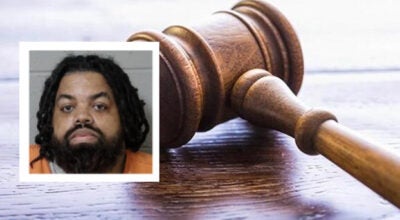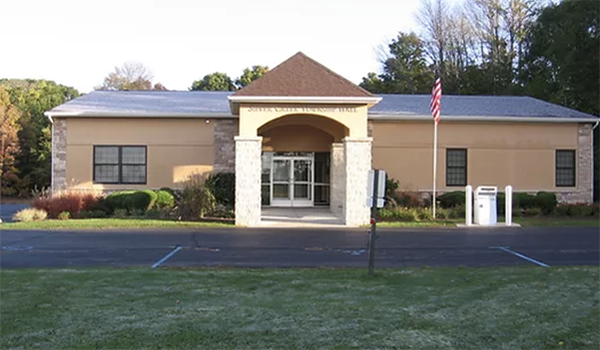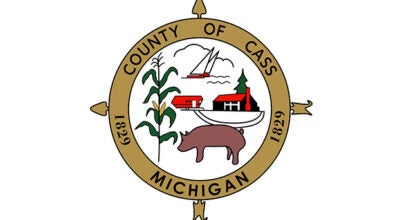MLK ‘changed my life’
Published 11:32 pm Wednesday, January 18, 2012
Four encounters with Dr. Martin Luther King Jr. “changed my life,” Jasiu Malinowski said tearfully at Cass District Library Monday.
Malinowski, a founder of the Michigan Peace Team in 1993, dabbed at his eyes with a tissue as he devoted more than an hour to reading the slain civil rights leader’s “Letter from Birmingham Jail.”
He considers the April 16, 1963, open letter a “monumental piece of literature.”
Jasiu — pronounced “ya-shoe” — grew up in Grand Rapids and went to Catholic grade school, high school and college.
“Between high school and college, I got enamored by Dr. King and what he was talking about,” starting with riding a bus 12 hours to Washington, D.C., in August 1963 to hear King deliver his “I Have a Dream” speech.
“It was a very moving experience to be with Dr. King on that day,” he said. “In 1965, I participated in an open housing march when I was 17 or 18 in Detroit and saw Dr. King again. My real experience with him was in ’66 in the Chicago area when he had moved north and wanted to live in a city climate. I went to Chicago because he was advocating a non-violent perspective for young people. That really connected with me.
“We were told by Dr. King to go out into the neighborhoods and make friends with the Chicago Police Department. I did not have a positive experience, but a very difficult experience. I got to know a cop a little bit, and this is no commentary on police in general, but he wanted to debunk the whole idea of non-violence … He proceeded to hit me and kick me in the crotch. If I could have gotten up, I may have done something bad to him. At least that was my desire,” Malinowski said.
On April 4, 1967, a year before his assassination in Memphis, King came out against the Vietnam war. “I certainly got turned around because of Dr. King’s philosophy,” Malinowski said. “This was at Riverside Church” in New York City.
King, who seldom answered critics, was confined in jail after being arrested for his part in the Birmingham campaign of planned non-violent protest conducted by the Alabama Christian Movement for Human Rights and King’s Atlanta-based Southern Christian Leadership Conference against racial segregation by municipal government and downtown retailers.
King addresses his remarks to a statement made by eight white Alabama clergymen on April 12, 1963, titled “A Call for Unity.”
Clergymen agreed social injustices existed, but contended the battle against racial segregation should be fought in the courts — not the streets — and painted King as an “outside agitator” and extremist.
King’s famous retort was, “Injustice anywhere is a threat to justice everywhere. We are caught in an inescapable network of mutuality, tied in a single garment of destiny. Whatever affects one directly, affects all indirectly … Anyone who lives inside the United States can never be considered an outsider.”
King expressed remorse demonstrations took place in Birmingham, but believed the white power structure left the black community no alternative.
“Racial injustice engulfs this community,” King said. “Birmingham is probably the most thoroughly segregated city in the United States.”
Clergymen disapproved of the timing of the demonstration, but King pointed out this “wait” almost always meant “never” and said, “Justice too long delayed is justice denied.”
To the clergymen’s assertion that the demonstration violated the law, King argued that not only is civil disobedience a justified response to unjust laws, but that “one has a moral responsibility to disobey unjust laws.”
Accompanying Malinowski was Martha Lawson, who has been with the Peace Team since 2005. She has traveled to Israel-occupied Palestine nine times. She previously worked with U.S. immigrants and with the Aymara people in Peru.
Peace Team training takes eight hours.
“It helps you confront situations in your personal life, but more so in dealing with societal problems with nonviolence,” Lawson said.







